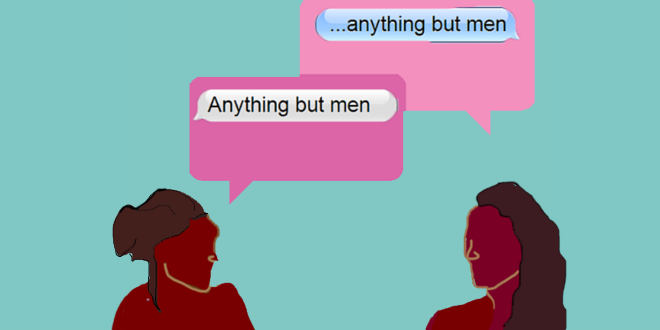Here are a few posts from last week's Greenpage that might be worth your time...
What We Learned While Trying To Find A New Bechdel Test
FiveThirtyEight: In our recent project looking for the next Bechdel Test, we tried to find new ways to evaluate whether Hollywood was doing a good job of representing all kinds of people equitably on screen and behind the scenes. To put the new tests through their paces, nine FiveThirtyEight staffers watched the 50 top-grossing movies of 2016 and ran them through 12 new tests aimed at measuring gender inequality in Hollywood films.
TV writers are sharing their salaries in a Google spreadsheet to combat pay disparity
The Verge: TV writers, producers, executives, and assistants have been anonymously sharing their salaries in a widely circulated Google spreadsheet this week as part of an effort to help people working in the entertainment industry achieve pay parity, The Hollywood Reporter reports.
When Pop Culture Sells Dangerous Myths About Consent
The Atlantic: Edward Cullen. Chuck Bass. Lloyd Dobler. Spike from Buffy the Vampire Slayer. That guy from Love Actually with the sign. The lead singers of emo bands with their brooding lyrics. Many of the romantic heroes that made me swoon in my youth followed a pattern and, like a Magic Eye picture, only with a little distance did the shape of it pop out to me. All of these characters in some way crossed, or at least blurred, the lines of consent, aggressively pursuing women with little or no regard for their desires. But these characters’ actions, and those of countless other leading men across the pop-culture landscape, were more likely to be portrayed as charming than scary.
Read 'Em And Weep: Celebrating 35 Years Of Opera Supertitles
NPR: In 1983, the Canadian Opera Company in Toronto tried a grand experiment. While the singers performed Elektra in German onstage, simultaneous translations in English were projected above the stage. These "supertitles," as they've come to be known, were quickly adopted at opera houses and are now an expected part of the opera-going experience.
When People are the Product: Why Reliance on Young Artist Programs May Lead to Financial Ruin for Opera
medium.com: There’s no question that many regional opera houses in the US are struggling. Corporate giving to the arts has never really recovered since the dotcom crash, private philanthropy is shifting increasingly towards education, healthcare, and religious organizations, and a lack of standardized musical education means that every new operagoer has to be taught and then converted.






No comments:
Post a Comment